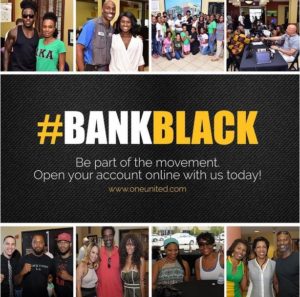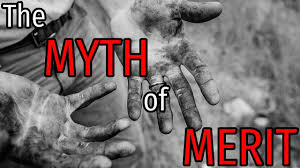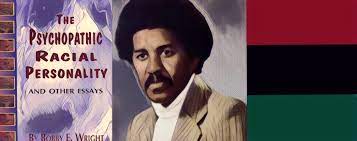AAFCA Partners With Largest Black-Owned Bank For #BankBlack Financial Literacy Program
Los Angeles – January 16, 2017 – OneUnited Bank, the largest Black owned bank in America, has partnered with the African American Film Critics Association (AAFCA) and BMe Community (BMe) to bring a powerful series of financial literacy videos to Black America that will underscore the importance of financial literacy, buying Black, banking Black and the genius of collective economics. Topics will include the importance of saving for the future, how to power up your credit score, millennials and money, banking based on your valued and how the #BankBlack and #BuyBlack movement can create jobs and support community development.
The series launched on Facebook, YouTube and OneUnited Bank’s website on January 13, 2017.






